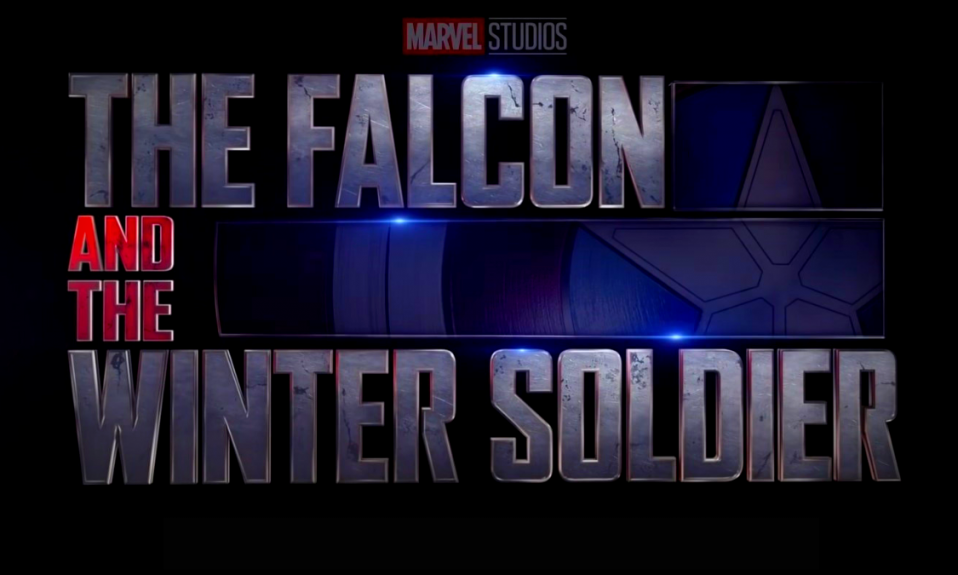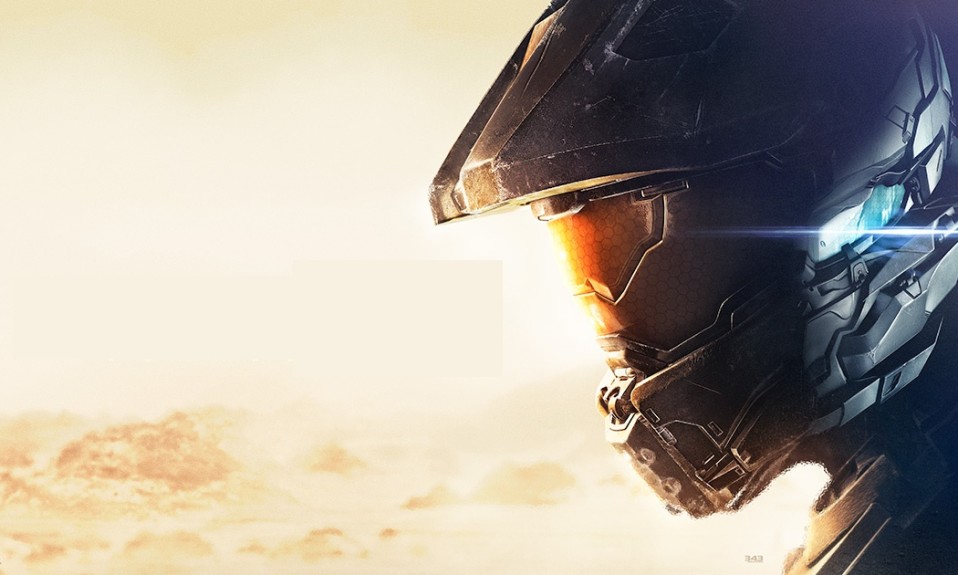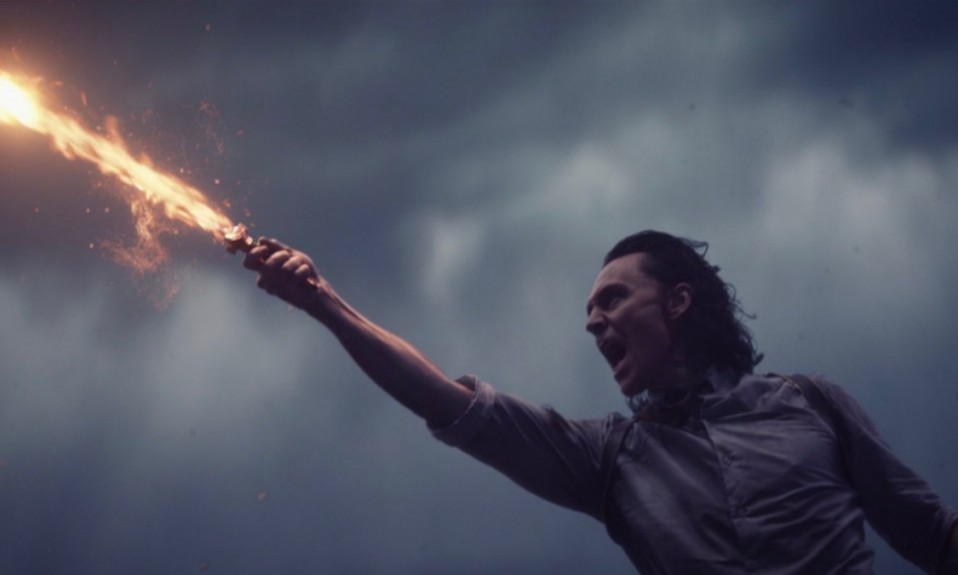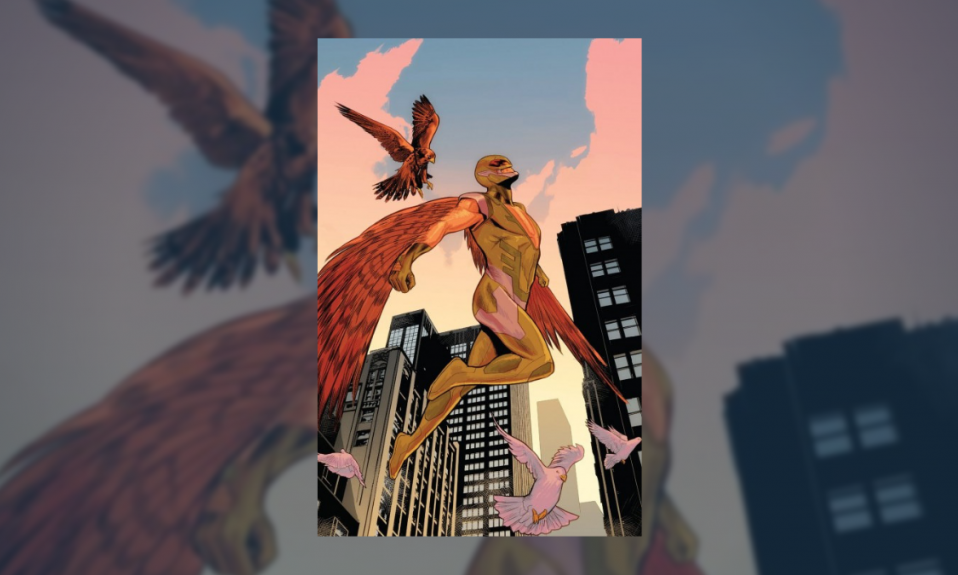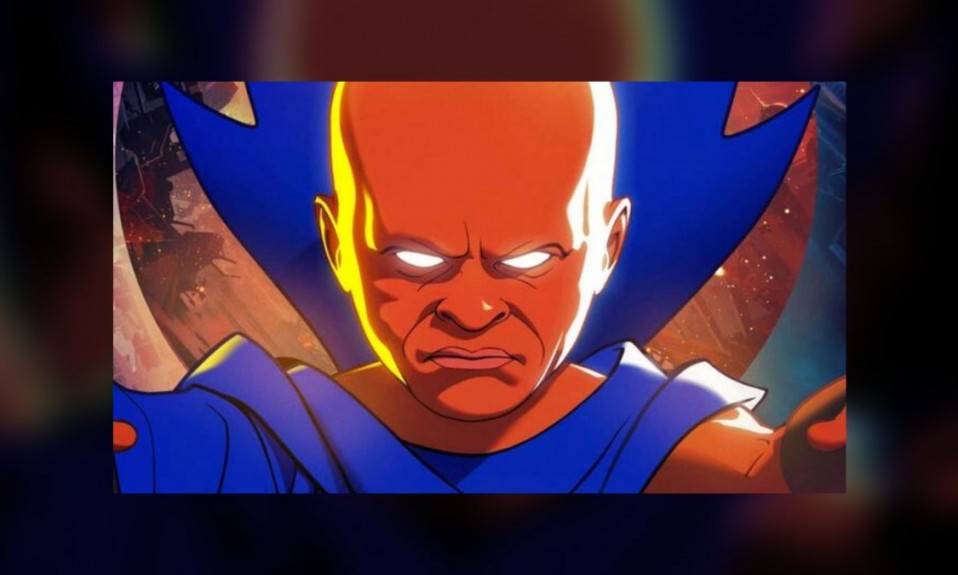In an ode to the dysfunctional era that we’re living in, Marvel has decided to shatter all conventions and take the road that’s not traveled at all. While WandaVision was an insane twist, The Falcon and The Winter Soldier appears to be more of a controlled explosion. Subjects that we wouldn’t expect Marvel to address have become central to their narrative now. A deep exploration of the trauma caused by the events of the blip and its subsequent consequences form a major plot point for The Falcon and The Winter Soldier. Yes, the trailer screamed a buddy-action but for anyone who saw Episode 1, the narrative runs much deeper and painfully so.
Related: The Falcon and The Winter Soldier: Where Is Sam Wilson From?
Unlike WandaVision which was a slow reveal, The Falcon and The Winter Soldier is coming in all guns blazing. We’re already aware that there is more than just one villain in the show and while some are absolute, others are contentious and less obvious. Regardless, the variety provided in just the first episode of the show is worth exploring. So on the one hand we have the minuscule shot that revealed the U.S Agent right towards the end of the episode sparked speculation about his villainous potential while on the other, we have a full-blown heist on a Swiss bank performed by the vigilante group known as Flag-Smashers. So let’s explore this group and how they fit into the Marvel narrative.
Who are the Flag-Smashers?
In comics
By now it’s not a surprising thing when Marvel changes the characters they adapt from the comic verse, both in the case of heroes and villains. In the comics, the Flag-Smasher is a single person name Karl Morgenthau who first made his appearance in Captain America #312 back in 1985. He was created by writer Mark Gruenwald and illustrator Paul Neary as an anti-patriotic alter ego of Swiss freedom-fighting terrorist Karl Morgenthau. The Flag-Smasher’s villainy was predominantly derived from his anti-national sentiments and crusade against the governments of the world. He forms an organization called U.L.T.I.M.A.T.U.M (Underground Liberated Totally Integrated Mobile Army To Unite Mankind) with an intention to attack the concept of nationality and governance.
There is no denying the blatant political roots of the Flag-Smasher, however, his reasons for rebellion are rather personal. It honestly felt like he was looking to blame something for the death of his father who was killed in a riot at a Latverian embassy. The direct result was the emergence of the Flag-Smasher and his justifications that nationalism was the root cause of supremacy movements.
Related: Is U.S. Agent a bad guy in The Falcon and the Winter Soldier?
In MCU
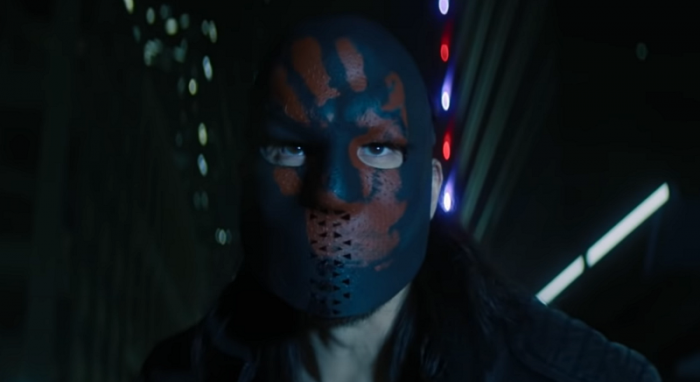
The Flag-Smasher in MCU is not a one-man, or shall we say woman, show. It is an entire vigilante group and it looks like Marvel has dropped the U.L.T.I.M.A.T.U.M narrative for the show. Karli Morgenthau (played by Erin Kellyman) is the person/super-soldier who is running the show for the group that wears their black masks with distinct red handprints running across them. Besides this, it’s very clear and noticeable that the core members of the group include enhanced individuals. In episode 1, the Flag-Smashers come together to perform a heist and rob a Swiss Bank called Gasel Bank.
Unlike in the comics, the Flag-Smashers are driven by a pro-blip sentiment, as in they believe the world became a better place after the blip. They’re also pretty much against the concept of borders and pitch for a world that is without one. So while there is a political sentiment, it’s more in connection with the events that occurred in the MCU, and this makes the most sense as well.
Are the Flag-Smashers the bad guys in The Falcon and The Winter Soldier?
Well, being caught robbing a Swiss bank red-handed does not create a very good first impression of the Flag-Smashers in The Falcon and The Winter Soldier. The fact that this group has powerful public support indicates that they weren’t all bad, desperate is more like it. The point of contention regarding their villainy is that despite their criminal activities the Flag-Smashers were not an evil intentioned group. Even in the comics, the anti-hero joins Captain America to fight the fascist villain Red Skull. The reason the Flag-Smashers came into existence at all was to support the cause of the displaced population. If the GRC vote went in favor of moving displaced individuals from the homes they had come to occupy, the consequences would have been catastrophic.
In Episode 6, it becomes very clear that the Flagsmashers are a result of political negligence and dire human need. Karli represents the voice of millions of people with a collective demand to empower people instead of making them more destitute. The Flagsmashers is a consequence of the neglect of the World Governments more than a villain and so categorizing them as the bad guy would not be accurate, even if they end up causing the most of ruckus towards the end.
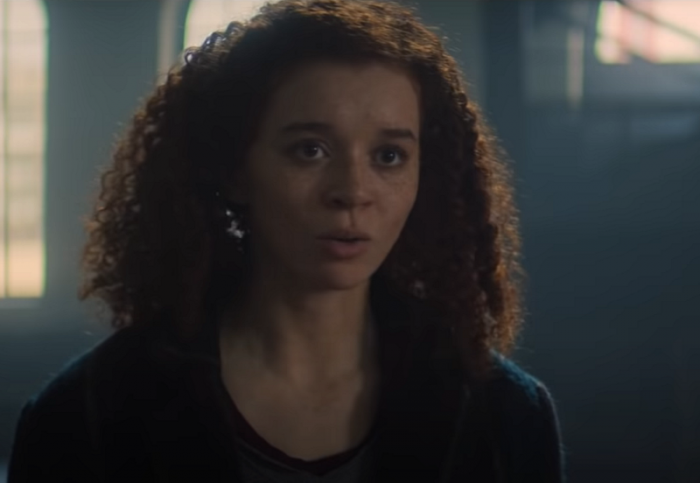
Malcolm Spellman, the head writer for the show has clearly stated in regards to the vigilantes that people think they know, and they don’t. Already, when the gender swap was made with the introduction of Karli, we knew that we could expect to see something absolutely unexpected from the show. To witness the lack of an absolute villain reflects more on Marvel’s own change of heart.
It’s safe to say that Marvel is venturing into the gray area with the kind of villains we’re seeing in the shows. They’re playing with the idea of what makes a hero what they are and a villain what they are. Perception is going to become a major plot driver in not just The Falcon and The Winter Soldier, but even future shows.
After all, one man’s terrorist is another man’s freedom fighter. Before the blip, there was a clear villain against whom it was important for the Avengers to keep a united front, however, now that people have returned and the world has fundamentally changed, the demons are internalized and emotional. So there is a lot of personal conflict and reckoning with one’s own guilt.
We see it in The Falcon’s attempt to help his family, whom he had neglected before the blip and then disappeared for a good amount of time, and The Winter Soldier’s efforts to make amends with the old man whose son he killed when he was an assassin. All the action and fighting aside, it’s going to take a lot of introspecting and emotional healing to beat the bad guy, whoever they may be.


